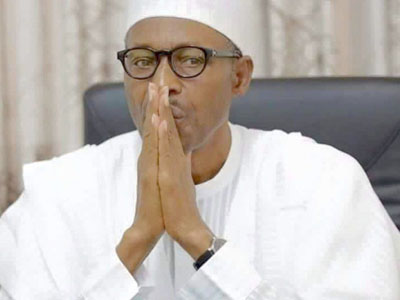
The National Bureau of Statistics (NBS) has officially confirmed what experts have long said – Nigeria is in its worst economic recession in 29 years.
According to the NBS gross domestic product (GDP) report for the second quarter of 2016, Nigeria’s economy contracted by 2.06 percent to record its lowest growth rate in three decades.
In the first quarter of 2016, the NBS said the economy shrank by 0.36 percent to hit its lowest point in 25 years.
According to World Bank data, the last time Nigeria had this magnitude of economic decline was under the regime of Ibrahim Babangida, when the economy recorded consecutive decline of 0.51 percent and 0.82 percent in first and second quarters of 1987.
“In the Second Quarter of 2016, the nation’s Gross Domestic Product (GDP) declined by -2.06% (year-onyear) in real terms,” the NBS revealed.
“This was lower by 1.70% points from the growth rate of –0.36% recorded in the preceding quarter, and also lower by 4.41% points from the growth rate of 2.35% recorded in the corresponding quarter of 2015.
“Quarter on quarter, real GDP increased by 0.82% During the quarter, nominal GDP was N23,483,954.78 million (in nominal terms) at basic prices. This was 2.73% higher than the Second Quarter 2015 value of N22,859,153.01 million. This growth was lower than the rate recorded in the Second Quarter of 2015 by 2.44% points.”
The oil sector experience a decline of 17.48 percent, while the agricultural sector grew by 13.24 percent within the quarter.
With the mining sector shrinking by 47.9 percent and manufacturing falling by 1.02 percent, the general non-oil sector declined by 0.38 percent.
On the bright side, the “public administration sector grew by 8.21% in the Second Quarter of 2016, higher by 10.86% points from the corresponding quarter of 2015 and higher by 1.83% points relative to the First Quarter of 2016″.
The International Monetary Fund (IMF) had initially predicted that the Nigerian economy will shrink by 1.8 percent in 2016.
With the current results from the NBS, Nigeria is beating the IMF set bar at an aggregate GDP of 1.21 percent.
Vice President Yemi Osinbajo, the head of the nation’s economic team, has said there is no cause for alarm, as his office and the Buhari-led administration are working to make the second half of 2016 better for Nigeria.